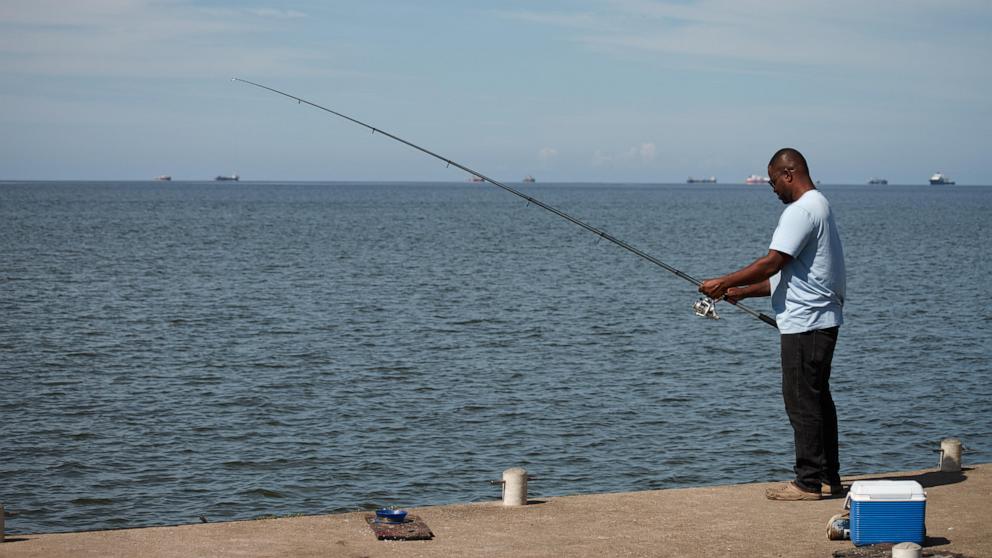A family in Trinidad is mourning the apparent loss of one of their own following a recent U.S. military operation targeting suspected drug trafficking routes in the Caribbean. Officials last week indicated that Colombians had died in one of the strikes but have not confirmed the identities of all victims.
The family of Mr. Joseph, who lived in Las Cuevas—a quiet fishing village on Trinidad’s northern coast—said he frequently traveled to Venezuela for his work as a fisherman. Las Cuevas lies approximately an hour from Port of Spain by road and about an hour by boat from Venezuela, placing it near one of the region’s busiest maritime routes.
While the northern coast is known for fishing, experts note that it is also used by drug traffickers to transport illicit cargo. However, Mr. Joseph’s family insists he was not involved in any criminal activity. “He was a hardworking fisherman. He had nothing to do with drug trafficking,” said a relative.
President Donald Trump confirmed the military strike on Tuesday, asserting that six men were killed and claiming they were involved in smuggling operations. The administration has not provided publicly verifiable evidence to support the claim. According to reports, at least two of the boats destroyed by U.S. forces were near Trinidad, which has long served as a transshipment point for Colombian cocaine moving through Venezuela.
Legal experts specializing in the law of armed conflict have criticized the strikes as potentially unlawful. Under international maritime law, deliberate targeting of civilians or non-combatants is prohibited—even if they are suspected of criminal activity. Traditionally, the U.S. Coast Guard, sometimes with Navy support, intercepts and boards vessels suspected of carrying drugs and arrests crews if illicit cargo is found. The use of lethal force in this context has raised questions about adherence to international norms.
Ms. Burnley, Mr. Joseph’s mother, expressed certainty that her son was among those killed. She cited the absence of any contact from him despite widespread social media posts reporting on the strike. “The law of the sea says authorities should stop and inspect a vessel, not destroy it,” she said.
The strike has sparked renewed debate over the U.S. military’s role in anti-drug operations near civilian maritime routes. Experts warn that aggressive measures risk civilian casualties and undermine longstanding legal frameworks governing use of force at sea.
Reporting for this story was contributed by Charlie Savage from Washington and Julie Turkewitz from Bogotá, Colombia.

